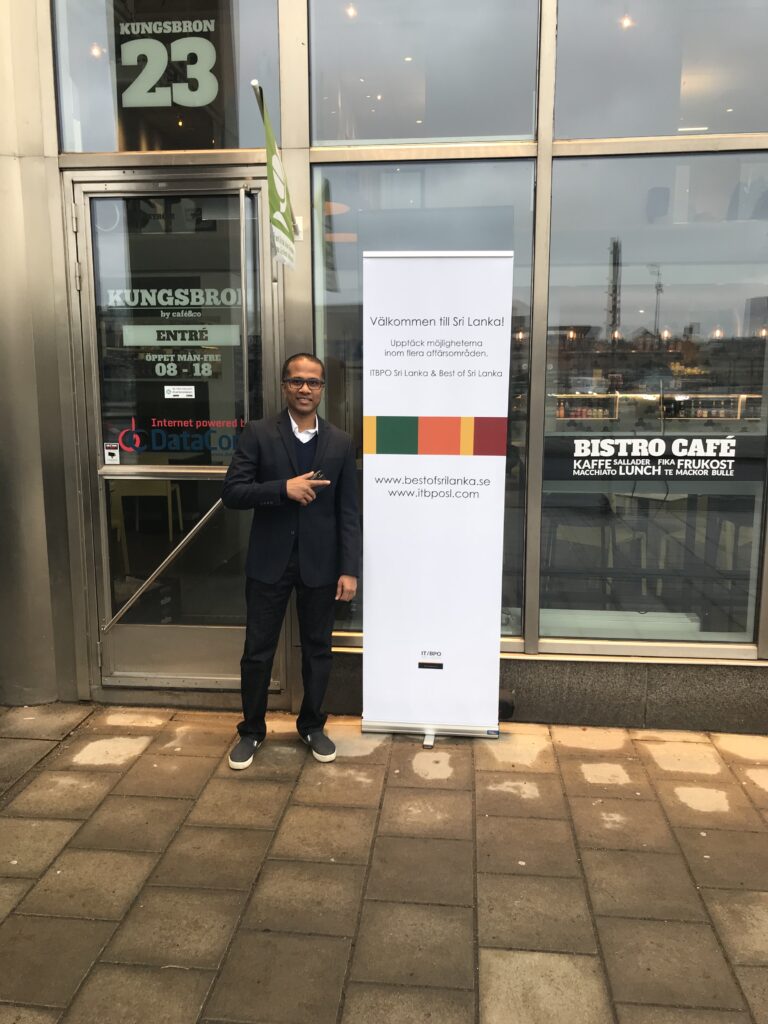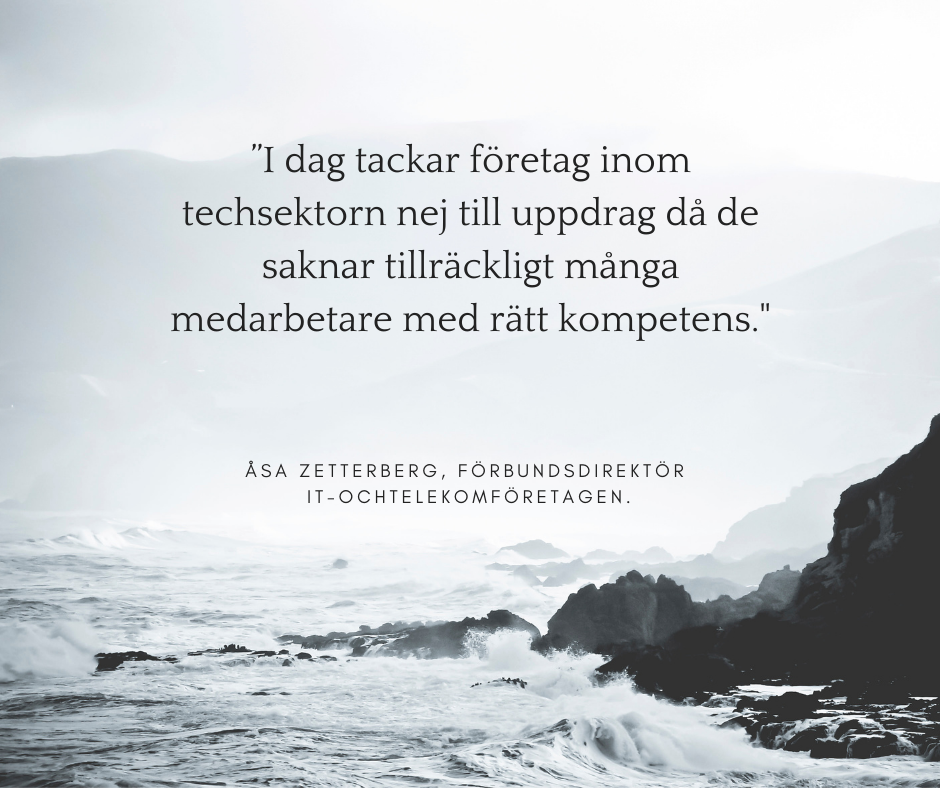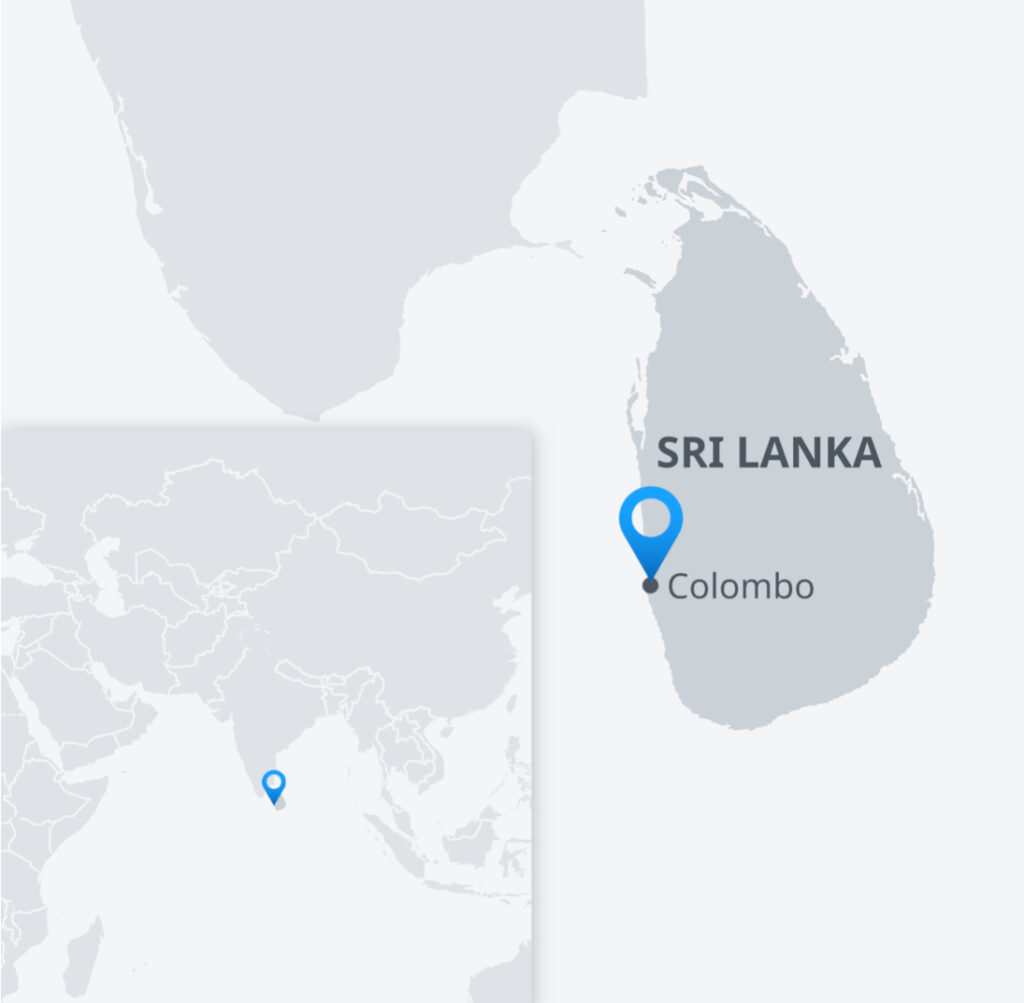14th June 2021 ( 1425 hrs/SL time)
Warm Greetings from Sri Lanka !!!!
Due to ongoing Covid 19 related issues / developments, some of the travel related guidelines and health & safety protocols are also evolving / changing time to time, as required accordingly to the domestic conditions even in Sri Lanka as same as with many other countries around the world. So that we just wanted to share some clarifications and answers for frequently asked questions by many of the tour operators. Hope, this information will help you to get a better understanding on what’s going on in the Island and the general arrangements towards tourism arrivals in to the country.
- Current Covid 19 situation in Sri Lanka ?
Since the first Covid – 19 patient, was detected in March 2020, the country has recorded 223,638 confirmed Covid patients as of 14th June 2021. Out of which, 188,547 patients have been recovered and discharged from the hospitals up to now. Currently, there are 32,955 active cases undergoing medical treatments at the hospitals and intermediatory care centers. In the month of June, an average of 2361 daily new cases are being reported. A total of 2136 deaths have been recorded up to date, since the beginning of the pandemic in the Isle.
- Are International airports in Sri Lankan open again?
Yes, passengers are permitted to arrive in Sri Lanka back again via International Airports with effect from 01st June 2021 subject to the following restrictions until further notice:
- Each incoming flight can carry only a maximum of 75 passengers in total.
- However, the above limitation does not apply for the passengers arriving via the Sri Lanka Tourism Bio Bubble Route holding tourist visas, resident visas & also for dual citizens. (www.srilanka.travel/helloagain).
- Passengers with a travel history (including transit) in the past 14 days to India, Vietnam, South Africa and the countries in South America are not permitted to disembark in Sri Lanka.
- All foreign passport holders are subject to a 14 day mandatory quarantine period since the arrival in the country. (If they travel in the tourist route and in the bio bubble, no mandatory minimum stay requirement in Sri Lanka).
- Even for fully vaccinated Sri Lankans or Dual Citizens arriving should undergo a mandatory Home Quarantine covering up to 14 days since the arrival in Sri Lanka, post the first few nights stay at a level one hotel (approx. 02 nights) and after getting discharged from there with a Negative PCR test results.
- What are the latest quarantine and testing rules applicable for the tourists arrive in Sri Lanka?
All passengers (except Sri Lankans and Dual Citizens) are arriving in Sri Lanka must have an appropriate ”valid visa”, which has been issued by the Department of Immigration and Emigration.
Visa should apply through Electronic Travel Authorization (ETA).
Given below are the Basic Health Protocols (applicable as of now), that guests should know, before arriving in Sri Lanka via “Tourist Route” (i.e. Step 01 – 04).
Step – 01; Prior to boarding travelers are required to:
- Have negative PCR test done within 72 hours before boarding the flight from your current destination.
- A hotel booking is made at a Safe & Secure Level One (L1) hotel/s for the duration of stay. (Approx. 13 Nights, if fully vaccinated or none-vaccinated guests).
- If required by the clients, it is allowed to move within L1 hotels with a bio bubble and use all authorized facilities of the hotel/s. Please visit www.srilanka.travel/helloagain for more information.
- Pay & get arranged for mandatory COVID-19 local travel insurance cover at a cost of USD 12.00 per cover (a policy worth of USD 50,000.00 for a period of one month), when making hotel booking/s. This is compulsory for all the travelers including infants.
- Pre-pay for mandatory PCR tests, when making hotel booking/s (USD 40.00 per test) depending on the number of days of stay:
- If your stay is 05 or more days, pay for 02 PCR tests (i.e. on arrival and exit PCR in Sri Lanka).
- However, if the stay is less than 05 days, no exit PCR is required (unless your departure flight / destination needs).
- Children below 02 years are exempted from PCR testing. (However, if the parents/guardians/accompanying any other members in the family or the group develop symptoms or result in positive PCR test reports, even infants will have to undergo PCR tests).
- Children between 02-12 years undergo only exit PCR tests.
- Airport transfers to be arranged through a Safe & Secure Certified entity only.
- It is a must to get the approval from relevant authority in relevant to the health & safety of the country, with relevant supportive documents to release / discharge anyone to the community, after completing the required stay period at L1 hotel/s (Discharge Letter).
Step – 02; On arrival at the Sri Lankan airport, produce the following:
a. Negative COVID-19 PCR report (in English) taken within 72 hours before the flight.
b. Completed Health Declaration Form.
Step – 03; Stay at the pre booked Certified Safe & Secure L1 hotel/s for up to first 14 days, since the arrival in Sri Lanka and undergo on-arrival PCR test. (Travelers are allowed to stay at any number of Certified Safe & Secure L1 hotels and permitted to use all facilities of the hotel upon an on arrival negative PCR test report). Also, until the guests get a negative PCR test results for the on arrival PCR test, they need to stay 100% inside the room, irrespective of whether they are vaccinated or none-vaccinated. Travelers are also allowed to visit approved tourist sites in a bio bubble during their stay period in Sri Lanka. Visit www.srilanka.travel/helloagain.
Step – 04; Perform the second PCR;
a. If stay is more than 14 days – perform second PCR on 11th -14th day of arrival. Upon negative results for both PCRs travelers are allowed to leave the bio-bubble and the respective L1 hotel doctor will issue a discharge document upon verifying the PCR test results. (However, if the traveler is identified as an immediate close contact of a COVID 19 positive case/s, the bio-bubble period could be extended as decided by the L1 hotel doctor in consultation with the area medical officers of health). Once travelers leave the bio bubble and go into the community, they will be subject to the general health guidelines prevailing by that time in the country.
b. If stay is between 05-14 days – perform the PCR depending on the date of departure (i.e. 24-48 hours before departure).
c. If stay is less than 05 days – no exit PCR required, unless their flight / destination asks for the same.
**Imp. Please note that these guidelines could be changed anytime without prior notice, depending on the health & safety requirements of the country at the discretion of the relevant authorities. So that please always, need to check for the latest guidelines as well as the validity period of the relevant circulars, letters, etc.. for more accurate information.
- Are you seeing an improvement with the Lockdown in Sri Lanka?
The country is on extended lockdown until 21st June 2021 with travel restrictions as of now. Essential services such as medical, pharmaceutical, grocery and food outlets are in operation without any interruption. The two international airports in the country are open for passenger and cargo flights.
Also, we see a good improvement in terms of reporting COVID-19 patients.
If you have any specific question/s or clarifications required, please always feel free to get in touch with us.
We wish you the best of health and stay safe !!!
Let the journey begin – Ask Us
Kind Regards,
Indika
Indika Abeykoon
General Manager – Aitken Spence Travels (Pvt) Ltd.
Aitken Spence Tower II, 315, Vauxhall Street, Colombo 02, Sri Lanka
T: +94 112499595 (D) M: +94 777 270351









